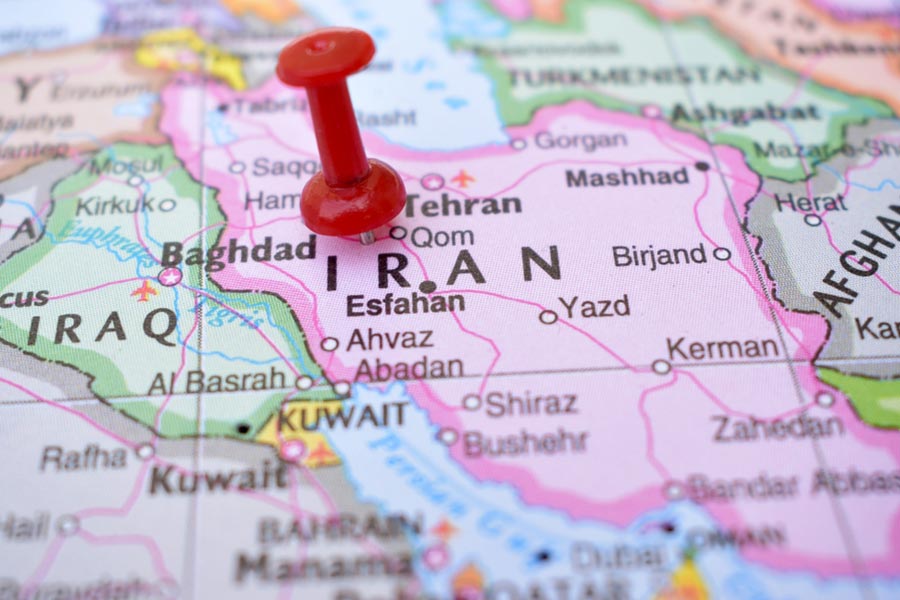As Iran prepares for a parliamentary election on Friday, calls to boycott the vote are turning it into a test of legitimacy for the ruling clerics amid widespread discontent and anger at the government.
A separate election on Friday will also decide the membership of an obscure, 88-member clerical body called the Assembly of Experts, which selects and advises the country’s supreme leader, who has the last word on all key state matters. While it normally operates behind the scenes, the assembly has the all-important task of choosing a successor to the current, 84-year-old supreme leader, Ayatollah Ali Khamenei, who has ruled Iran for more than three decades.
Iran’s leaders view turnout at the polls as a projection of their strength and power. But a robust vote appears unlikely with these elections taking place amid a slew of domestic challenges and a regional war stemming from the conflict between Israel and Hamas in the Gaza Strip.
Analysts say Iranians have also lost confidence in elections after repeatedly voting for reformist lawmakers and presidents who pledged changes in foreign and economic policy and more individual rights that mostly failed to materialise.
A government poll cited last week by Khabaronline, an Iranian news outlet, projected turnout of about 36 per cent nationally and only about 15 per cent in Tehran.
New York Times News Service











